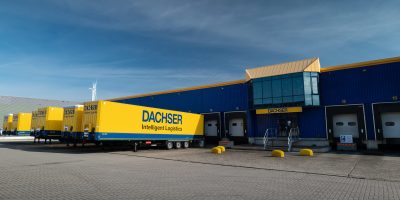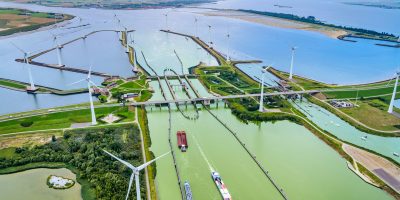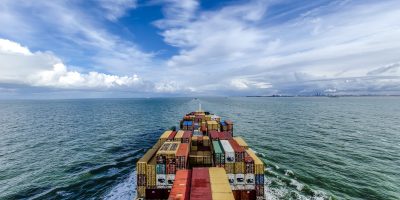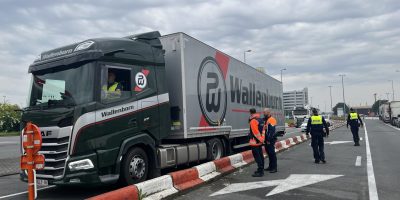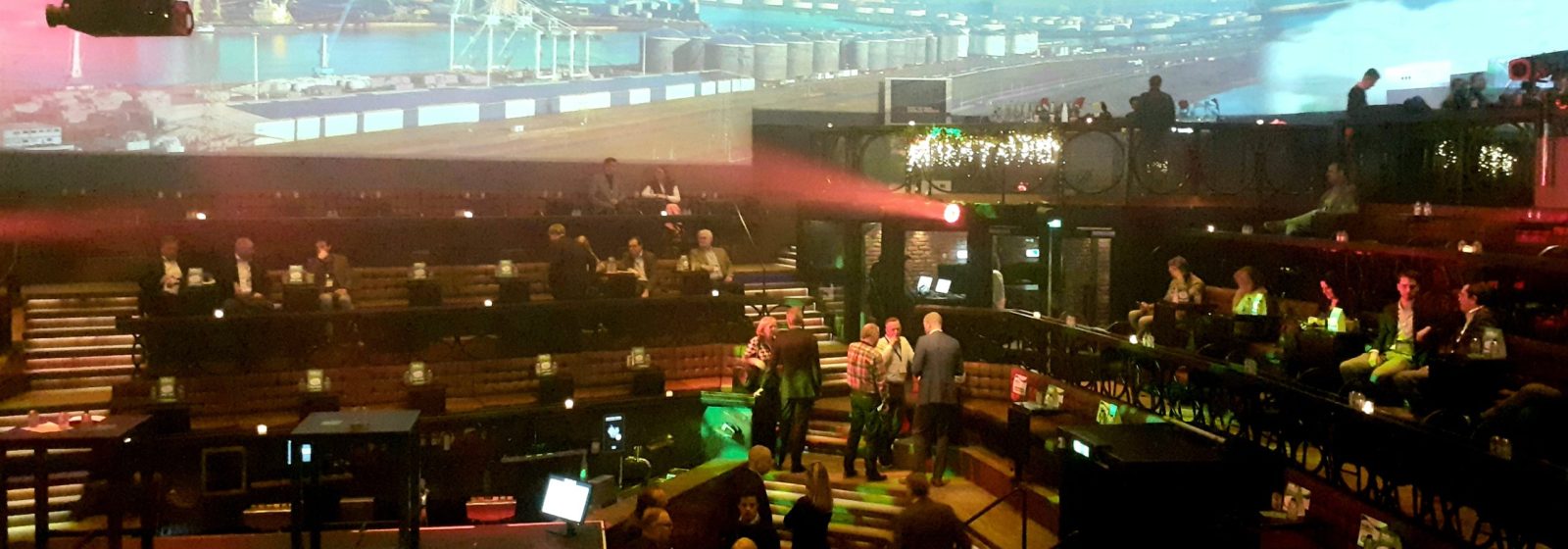
Villa Thalia on Kruiskade hosted the annual Port of Rotterdam Debate on Thursday, 7 December 2023. The handling of containers is slower in Rotterdam than in Antwerp and that has to improve, was one of the conclusions.
The lively debate focused on the (partly related) themes of congestion, capacity/space and staff shortages. Especially the first theme provoked much discussion between speakers and audience, in which it became clear that in the field of integral cooperation, Rotterdam still has a lot to gain.
Despite traffic jams, the competitive position often turns out in favour of the road when it comes to price
Commercial agreements between chain parties in container handling can conflict with service levels, it sounded from end users in the hinterland (Nike among others), and intermodality is not always maximised. “The shipping company chooses the shipper,” it said. In part, this has to do with the competitive position of road transport versus rail and inland shipping.
“Traffic jams in Brabant are higher now than before the corona period,” says Hendrik-Jan van Engelen of network organisation for intermodality MCA Brabant. But despite the congestion, the competitive position often turns out in favour of road when it comes to price. “Longer trains mean higher fees,” argues Port of Moerdijk CEO Paul Dirix.
Long waiting times
When it comes to inland shipping, long waiting times are the main issue. For example, figures from Erasmus University Rotterdam (EUR), presented by researcher Rosanne van Houwelingen, show that the average waiting time of a barge regarding container handling is significantly longer in Rotterdam than in Antwerp (37 hours versus 26 hours).
The cranes in Rotterdam are not continuously manned at certain terminals, while in Antwerp they are
“Antwerp has higher productivity per crane,” temporary Port of Rotterdam Authority CEO Boudewijn Siemons let slip. Asked for the facts, Siemons enlisted the help of port economist Bart Kuipers (EUR). “The cranes in Rotterdam are not continuously manned at certain terminals, in Antwerp they are,” Kuipers told Flows. Doesn’t Rotterdam focus too much on shipping? Siemons: “Intermodality is really important for us.”
Congestion is also a capacity issue. MCA Brabant, for example, has calculated that the targeted Rotterdam capacity growth of around 8 million to 26 million teu cannot be handled by Brabant Seaports’ container terminals. “To that end, capacity growth from 1.2 to 2 million teu is needed,” Van Engelen said. “And the space is not there.”
‘Right parties at the table’
Solutions are sought in the storage of empty containers spread across the country, and exemptions for vessel sizes on canals (class V allow where IV is now the maximum). Attention was also drawn to proper maintenance of bridges and locks. For instance, the Suurhoff Bridge is the only access by road towards Maasvlakte and it cannot fail.
The Port Authority does not need to have a go-ahead, the parties involved are mature enough
Again, the stage looked to the Port Authority. Rotterdam has a neutral integrated planning system for container inland shipping (Nextlogic). “It’s there, make use of it,” Siemons said. But he will not mandate it. The same goes for the Container Exchange Route on the Maasvlakte , which opened in November. “The Port Authority does not need to have a go-ahead, the parties involved are mature enough,” he said.
The right parties need to get together to improve distribution chains, the final debate revealed. “The shipping companies are the big absentees,” said Michel van Dijk, logistics director of multimodal service provider Van Berkel Logistics. “And there is an EU obligation that intermodality has to be 10% cheaper.” Luc Smits (CEO Combined Cargo Terminals): “Entrepreneurs are always looking for a solution. That is the strength of the Netherlands.”

